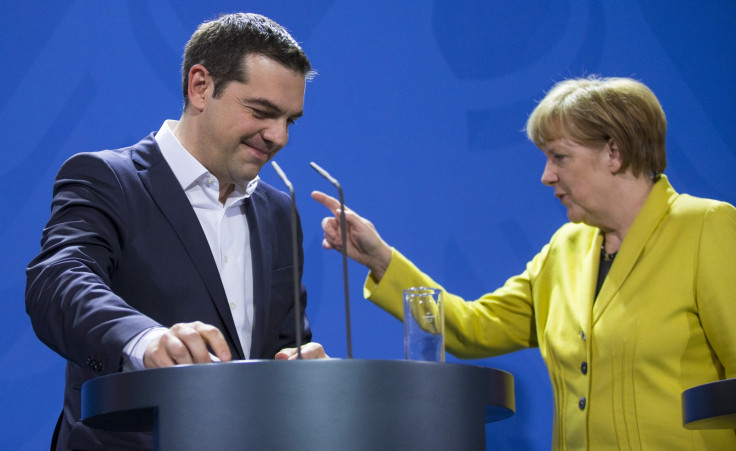Greek reforms under scrutiny as April default looms

The Greek government's long-awaited economic reform programme is being examined by its creditors, who could reach a decision on whether to extend fresh financial aid to Athens in the coming days.
The reforms would generate €3bn ($3.3bn, £2.2bn) in revenue, the government said, as Athens seeks to balance its promises to the Greek electorate and the need to secure financial aid to stave off a default.
Athens is thought to have enough cash to keep it afloat until April but faces the possibility of breaking its loan agreements without fresh help.
Greece running out of cash fast
Greek Prime Minister Alexis Tsipras has told a Greek newspaper that the country had a "liquidity problem," referring to a lack of money in the economy.
In additions to the Greek government experiencing a shortfall in revenues, Greek banks have seen major outflows in recent weeks as the left-wing government clashed publicly with Berlin.
Greek bank deposits fell to their lowest level in 10 years in February, according to data released last week by the Bank of Greece.
Deposits from households and businesses fell to €140.5bn, the lowest level since March 2005, the data showed. Around €23.8bn have been withdrawn from the banking system in the past three months, which amounts to around 15% of the total deposit base.
Ideological clash
Greece's coalition government, dominated by the hard-left Syriza party, won office on a pledge to end austerity and end the hated bailout programme that Greeks blame for bringing the economy to its knees.
Greece's leaders have stressed the humanitarian catastrophe in the country and said its economic reform list did not include "recessionary measures". Previous reforms have been rejected by Berlin, which is demanding to see specific austerity and tax-raising measures before it approves.
Germany is Greece's biggest creditor among the eurozone members and the idea of propping up Greece with German taxpayers' money is politically unpopular.
Greece's outspoken Finance Minister Yanis Varoufakis has kept a noticeably lower profile in the last week, after posting a scathing blog explaining his rejection of the previous bailout loans that Greece accepted in 2010 and 2012.
In the post, he argued that the massive sums of bailout money went to reckless German banks that had lent to Greece, while the huge debt burden was then transferred to the Greek government and citizens.
Germany has insisted that Greece will not receive the funds it desperately needs without presenting a clear list of economic reforms that show the government has embraced the fiscal discipline that its creditors demand.
© Copyright IBTimes 2025. All rights reserved.






















